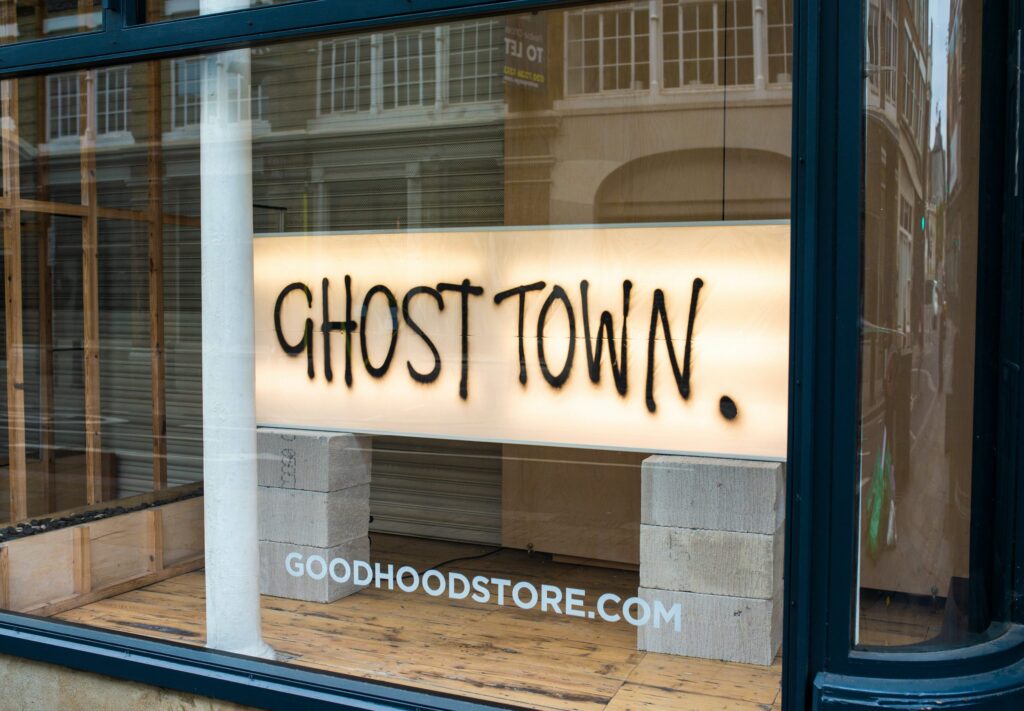Hi, my name is Jim Burns. Yes, that is my real name.
As a fire inspector and investigator, I get comments about my last name every week. More about me in the weeks to come. For now, here is the first blog post. As an aside, my intention is to share my experiences as a fire inspector, fire investigator, plans examiner and code consultant. As a self-professed information junky I would like to not only share my experiences, but also research and resources.
It’s April 2020. The world is in lockdown.
It’s April 2020. The world is in lockdown. Businesses are closed. Many people are working from home, some taking care of their children at the same time. Everyone is adapting. You may be taking on new responsibilities or figuring out how inspections continue in this time of uncertainty. Two things come to mind for me. First, that the current situation highlights the importance of understanding the fundamentals of the fire and life safety objectives of the fire and building codes.
- First, that the current situation highlights the importance of understanding the fundamentals of the fire and life safety objectives of the fire and building codes.
- Second, that these times require further vigilance in ensuring the safety of buildings and their occupants, as even in the best of times fire protection and life safety systems are overlooked and neglected.
The importance of understanding the objectives of the fire and life safety requirements of the code can not be understated.
Understanding what the objectives of the codes are attempting to achieve will assist in applying and enforcing the code requirements. The building and fire codes were not written under the context of a pandemic. New facilities may be opening such as temporary health care sites, temporary shelters or quarantine sites, essential businesses may be modifying their means of egress, etc. Even more so in these times it takes judicious application, careful thought and working with stakeholders to ensure adequate measures are in place.

Businesses are closed and buildings are vacant.
Businesses are closed and buildings are vacant, or down to maintenance staff only. Many building owners and businesses are not thinking of the importance of maintaining their fire protection and life safety systems. They may see it as money wasted if the building is vacant. They aren’t thinking of firefighter safety, or the safety of the neighboring buildings. As any fire investigator will tell you, we often hear, “I never thought it would happen to me.” Fires happen, we know this. Maintaining fire protection and life safety systems is critical.
As any fire investigator will tell you, we often hear, “I never thought it would happen to me.” Fires happen, we know this. Maintaining fire protection and life safety systems is critical.
However, there may be situations where it makes sense to relax the ITM requirements, such as closed restaurants. Allowing a restaurant owner to go beyond the ITM cycles of NFPA 96 will not affect the overall safety within the building. However, if the seating area is closed, but they are still preparing takeout, yes, the systems need to be maintained in conformance with NFPA 96. We need to work with stakeholders and ensure that the critical systems are maintained.
How can inspections continue with social/physical distancing?
NFPA is working on completing a remote video inspection standard, NFPA 915 which is not yet available. However, NFPA does have several resources available. A few links are included below regarding remote video inspections (RVI), including links directly related to permanent and temporary health care occupancies. These resources can assist in guiding you through staying safe while conducting inspections.
One final thought. Combining the technical knowledge and skill coupled with the ability to deal with people can be a challenge. Conducting inspections is never an easy task. Speaking for myself, I sometimes forget how emotions and state of mind can affect my inspections. Right now, stakeholder mental health and emotional states are in flux. You never know what is happening in the stakeholder’s life, or how they are handling the current pressures. You also have your own baggage that you need deal with. These add to an already challenging task. It is important for you to do whatever you need to do in order to ensure that you are maintaining your own mental health and state of mind.
Please share your stories of how you or your department are dealing with inspections in these times.
NFPA – 12 Key Lessons for Video Inspections
NFPA – Temporary Compliance Options
https://www.nfpa.org/-/media/Files/White%20papers/TemporaryComplianceOptionsHCWhitePaper.pdf
Maintaining Safety in Medical Tents
NFPA – Conducting Video Inspections
https://www.nfpa.org/assets/files/AboutTheCodes/915/WhitePaperRVI.pdf
NFPA – Maintaining Egress During Covid
Koffel – Remote Fire Inspections Webinar
https://register.gotowebinar.com/register/1358528386127039758


One Response
For engineers working in British Columbia, Engineers and Geoscientists British Columbia (EGBC) has a page dedicated to COVID-19 practice advice: https://www.egbc.ca/Practice-Resources/COVID-19-Practice-Advice-and-Guidance
Quality Management Guidelines published by EGBC for Documented Field Review and Direct Supervision must still be followed. Reading these documents can be a good refresher on professional obligations. Combining these and the NFPA documents will be useful in determining how video and/or photo field reviews can be implemented.